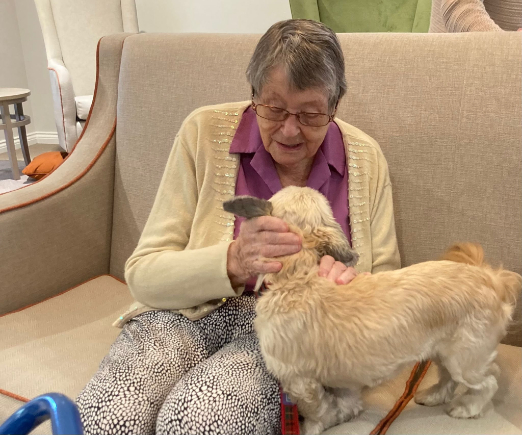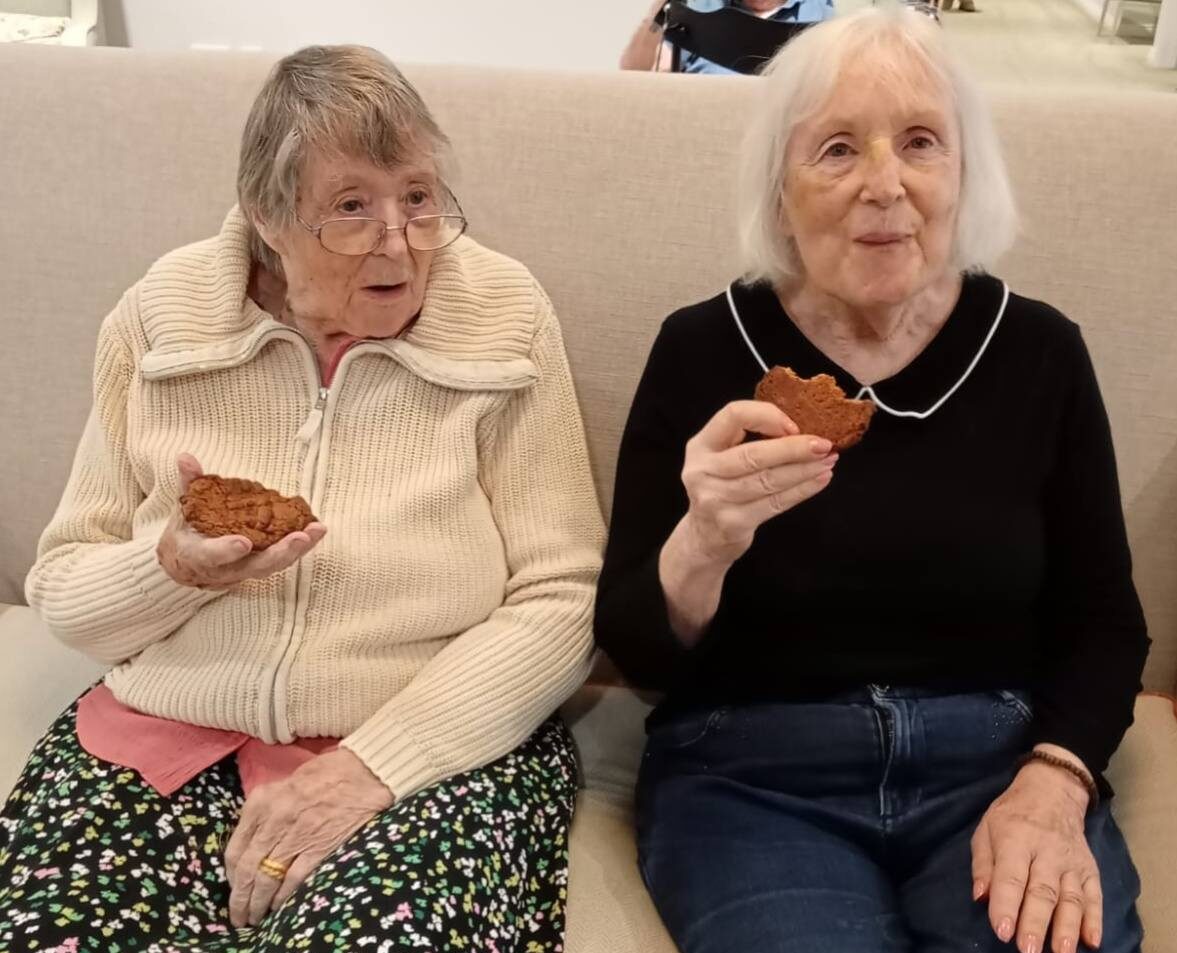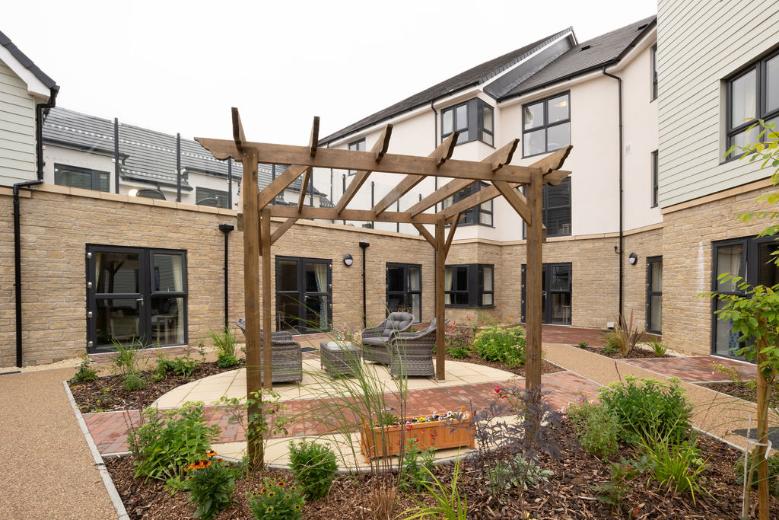Choosing the Right Care Home in Bideford, A Guide for Families

Making the decision to move a loved one into a care home is never easy. It often comes after weeks, months or even years of noticing small changes, a parent who’s finding daily tasks harder, a partner who needs more medical support or a loved one who simply isn’t safe or happy living alone.
If you’ve reached the stage of considering care in Bideford, you may be asking yourself: What type of care is right? What should I look for in a care home? How do I make sure my loved one feels comfortable and supported in a care home?
We understand these are difficult questions. This guide has been created to help families like yours navigate the process, learn about the different care options available and feel reassured that you don’t have to face these decisions alone.
The Different Types of Care Explained
Every person’s care journey is unique, which is why care homes usually offer a range of support. At Highwood Care Home, we provide five main types of care: residential, dementia, nursing, respite and palliative.
Residential Care
This is designed for people who may no longer wish to live alone or who need a little extra help day to day. It includes support with meals, personal care and household tasks, all within a safe, friendly environment. Many residents enjoy the companionship, activities and sense of community that come with residential care.
Nursing Care
For those with more complex medical needs, nursing care provides round-the-clock support from registered nurses. This ensures health conditions are managed professionally while residents still enjoy the warmth of a homely setting.
Dementia Care
Specialist dementia care is tailored to the needs of those living with dementia. At Highwood, we create calm, familiar surroundings and use proven approaches to help residents feel safe, understood and supported through every stage of dementia.
Respite Care
Caring for a loved one at home can be rewarding but exhausting. Respite stays allow carers to take a much-needed break while their loved one benefits from all the services of the home. It’s also a good way for families to try out care without committing long-term.
Palliative Care
Also known as end-of-life care, this focuses on comfort, dignity and peace of mind for both residents and their families. Our team works closely with healthcare professionals to provide compassionate support at this important stage of life.
How to Choose a Care Home
Once you know the type of care needed, the next step is choosing the right home. Here are a few things to consider:
- Location – Is the home easy for family and friends to visit? Staying connected is so important.
- Atmosphere – Does it feel warm, welcoming and homely when you walk in? Trust your instincts.
- Team – Are staff approachable, kind and knowledgeable? Do they make time to answer your questions?
- Activities and lifestyle – Ask what daily life looks like. Are there opportunities for hobbies, socialising and enjoying the outdoors?
- Personalisation – Can residents bring furniture, photos and keepsakes to make their room feel like home?
- Partnership with families – Good homes involve relatives in care planning and keep communication open.
- Trust and credibility - Care homes in England are inspected and rated by the CQC (Care Quality Commission). They provide detailed reports on a homes standards and safety to its residents. This is a strong indicator as to whether you can trust a care home to support your loved one through their care journey. Also, websites such as carehome.co.uk offer care seekers a chance to read real reviews from real residents and their families on a homes services and facilities.

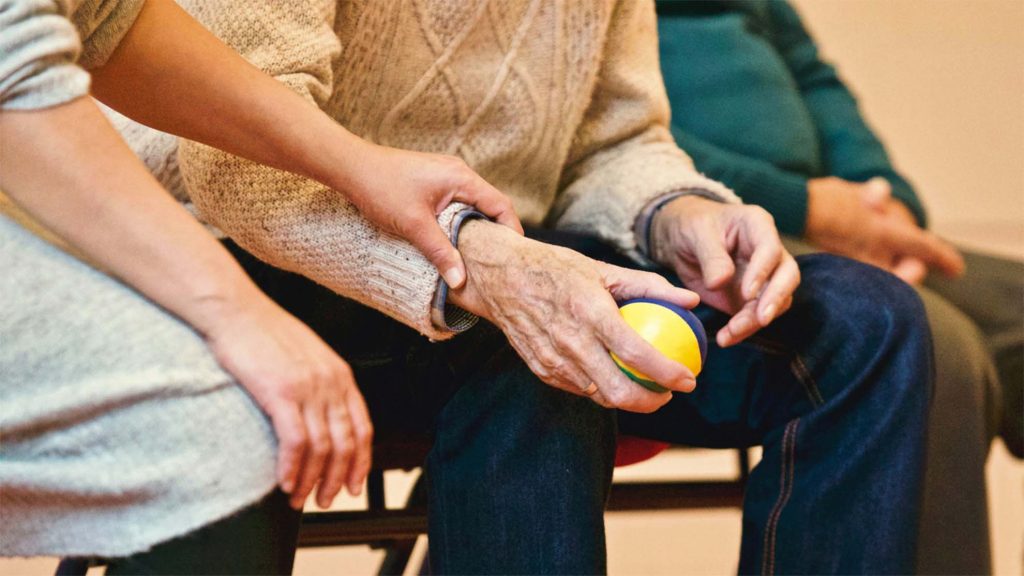

FAQs About Choosing a Care Home
How do I know what type of care my loved one needs?
Start with a conversation with their GP or healthcare professional. You can also arrange an assessment with the care home, where care and support teams can advise on the most suitable type of care.
Is moving into a care home permanent?
Not always. Many people begin with shorter respite stays to see how it feels, before making a longer-term decision.
Can my loved one personalise their room?
Absolutely. At Highwood, residents are encouraged to bring furniture, photos and personal belongings so their room feels familiar and comforting.
How much does care cost?
Costs vary depending on the type of care and the level of support needed. Our team can guide you through fees, funding options and what might be available to your family.
Will we still be able to visit regularly?
Yes. Family involvement is a vital part of care. We welcome visits and work closely with relatives to keep them updated and involved.
Why Families Choose Highwood Care Home in Bideford
Choosing a care home is a big decision, but families often say they feel reassured once they’ve visited Highwood. With our experienced team, welcoming environment and wide range of care options, we’re able to support residents through every stage of later life.
What makes us special is our person-centred approach, treating every resident as an individual with their own story, preferences and routines. Daily life at Highwood is full of warmth, activity and companionship, helping residents feel part of a community while still receiving the professional care they need.


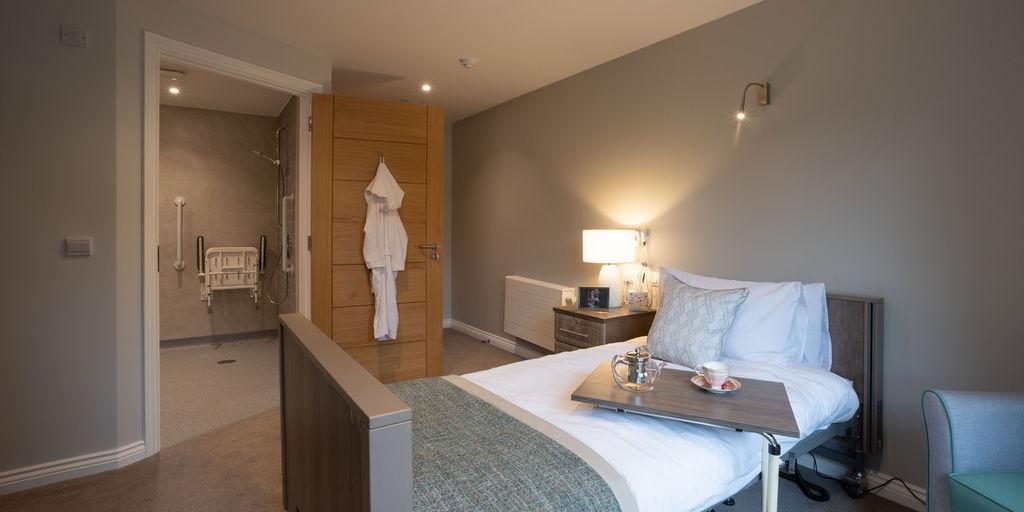
Taking the Next Step
If you’re considering care in Bideford, we encourage you to come and see Highwood for yourself. Meet our team, explore our homely spaces and ask any questions you may have. Whether you’re exploring care for the first time or ready to make a decision, we’re here to guide and support you.
Book a Visit to Highwood Care Home in Bideford
Request a Free Brochure
Choosing a care home can feel overwhelming, but with the right guidance and support, it becomes a positive step towards safety, comfort and peace of mind. At Highwood, we’re proud to support families in Bideford and across Devon, offering compassionate care and a true home-from-home.
If you’d like to find out more about how we can help, please get in touch, were here to support you and your loved one on this journey.



